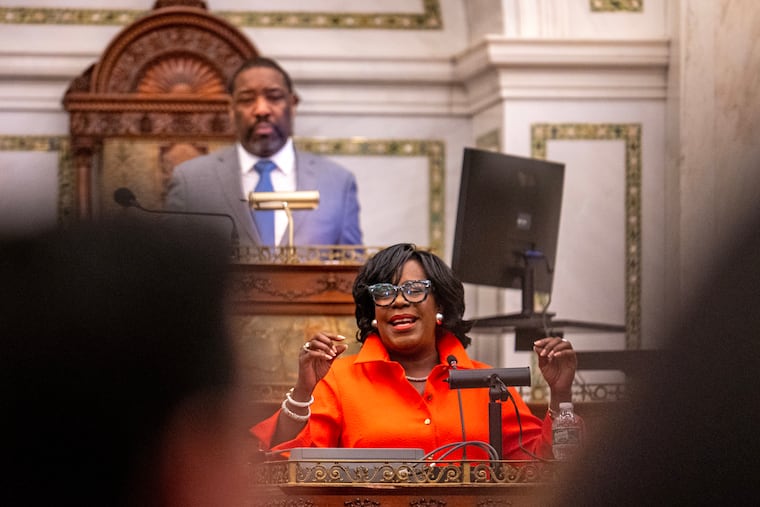Sean Combs’ lawyers seek a time-served sentence to allow him to begin the next chapter of his life.
Convicted music mogul Sean Combs, known as “Diddy,” has submitted a plea to a federal judge, requesting a sentence of no more than 14 months in prison for his convictions related to the federal Mann Act. Combs, who is currently awaiting sentencing, argues that he has utilized the past year in custody at Brooklyn’s Metropolitan Detention Center to address personal issues, including substance abuse and mental health challenges.
In a filing submitted to the court on Monday, his legal team asserted that Combs has benefited from his year in incarceration, describing it as a transformative experience that has prepared him to re-enter society and reunite with his family. They emphasize that his time in custody has allowed him to pursue rehabilitation and achieve sobriety from substance use.
Combs, aged 55, is set to appear in Manhattan Federal Court later this week, where Judge Arun Subramanian is expected to review additional arguments regarding his motion for acquittal or a new trial. If the judge denies this motion, Combs is scheduled for sentencing on October 3.
The jury, on July 2, found Combs guilty of transporting individuals across state lines for the purpose of prostitution, a violation of the Mann Act, during what were described as lavish but scandalous “freak-off” parties. Although he faced more serious allegations associated with sex trafficking and a racketeering conspiracy—which could potentially have resulted in a life sentence—the jury acquitted him on those counts.
During the trial, two former partners of Combs provided testimony alleging coercion and abusive treatment. They recounted instances in which Combs forced them into degrading sexual acts with hired sex workers, further detailing the physical and emotional abuse they endured. Graphic evidence was presented that included footage of Combs physically assaulting one of the women in a hotel.
The prosecution argued that the women’s participation in these events could not be deemed consensual given the threats and pressure they faced. Nevertheless, the jury ultimately ruled that there was insufficient evidence to prove that force, fraud, or coercion was employed to facilitate the so-called “freak-offs.”
Combs’ attorneys countered the prosecution’s claims, asserting that while evidence of domestic violence existed, it was unrelated to the charges tied to the sex parties. They maintain that Combs has sufficiently confronted his violent tendencies during his incarceration and presented a case for compassion and leniency based on his rehabilitation.
As Combs looks to navigate his legal repercussions, he continues to face numerous lawsuits alleging sexual violence from various individuals dating back years, to which he has maintained his innocence.







